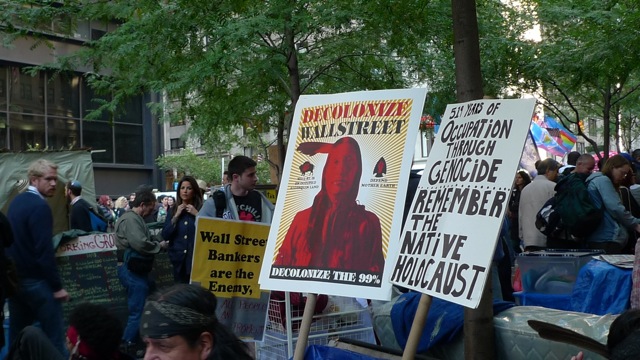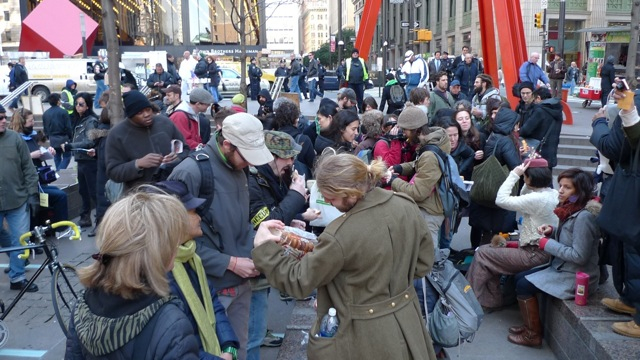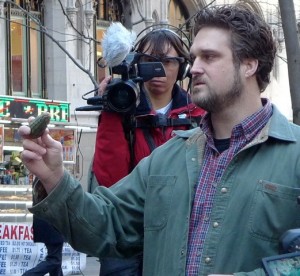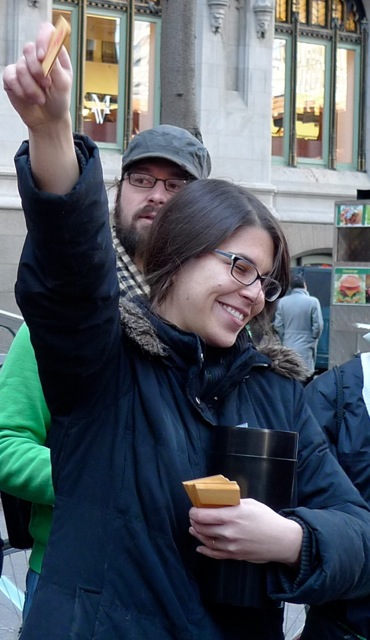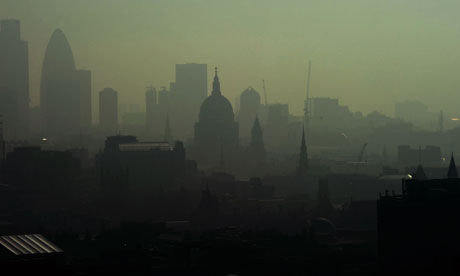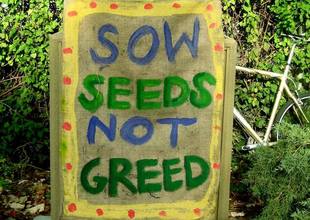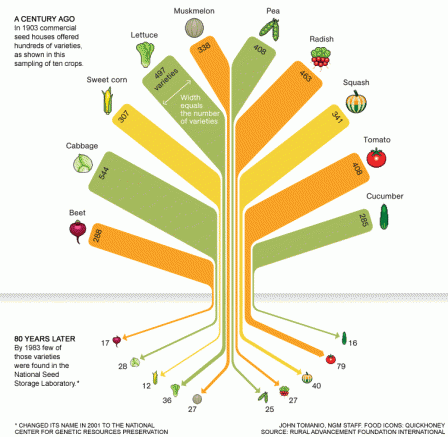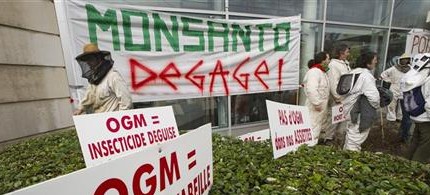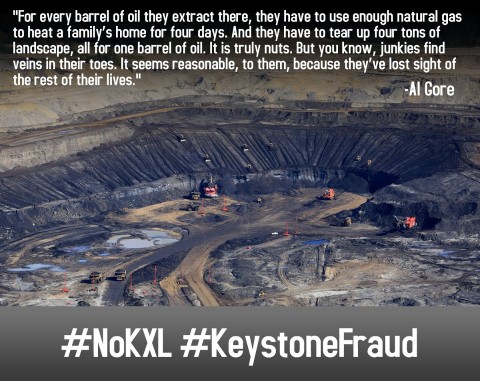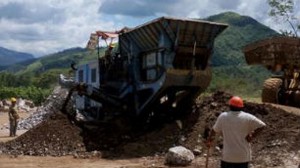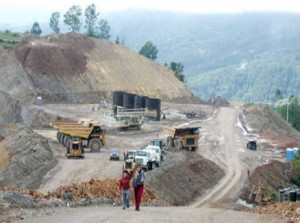For all its success, Occupy has had conceptual failures as well. So far, the movement has been aware of the need to address indigenous issues but–at least in New York–we have not got very far with it. By the same token, while people are aware of climate change, it’s been hard to turn it into an action agenda item. It could be that the accelerating disaster of the Keystone XL pipeline serves as the catalyst to bring these crucial questions to the forefront.
Yesterday two votes in the Senate showed that the Keystone advocates continue to gain ground. A proposal to void the requirement for a federal permit to cross the US-Canada border won by 56-42, falling only on the filibuster rule. That means that eleven “Democrats” voted for the pipeline and with two Republicans absent, Big Oil needs only two more votes to get this passed. While the White House is oddly touting this as a victory, a quick look at the list of pro-pipeline Democrats reveals a major overlap with seats the party needs to retain to hold the Senate. Translation: expect a “compromise” soon.
Environmentalist Bill McKibben has become a convert to direct action. Yesterday he wrote:
we need to stop just playing defense against bad projects and go on the offense. The next clear target is subsidies for fossil fuels–why are we paying the richest industry on earth billions in taxpayer dollars?
The Black Hills Sioux Nation Treaty Council, along with the Oglala Sioux Tribe, have already passed legislation against the Keystone XL oil pipeline and have adopted the Cochabamba Mother Earth Accord. Debra White Plume explains why in this video.
Now Oglala Lakota people from Pine Ridge in South Dakota have started to take direct action against the pipeline by placing their bodies in the way of trucks carrying its equipment. This Monday 5 March, as Brenda Norrell’s blog Censored News reports:
Lakotas Alex White Plume, Debra White Plume, Andrew Ironshell, Sam Long Black Cat and Don Iron Shell, were arrested at a blockade of tar sands pipeline trucks. Debra White Plume, released from jail in Kyle, South Dakota, said Monday night: “We formed a blockade to stop tar sands oil mine equipment from passing our lands. The truckers told us the corporation office from Calgary, Alberta, Canada and the State of South Dakota made a deal to save the truckers $50,000 per truck, there were two trucks, from having to pay $100,000,” Debra White Plume told Censored News. “There were about 50 to 75 people on the blockade at the village of Wanbli in Eagle Nest District on the northern side of the Pine Ridge rez.” Debra White Plume said the trucks were coming from Texas and going to Alberta, Canada to the tar sands oil mine. “They each carried a ‘treater vessel’ which is used to separate gas and oil and other elements.”
The protestors were, ironically enough, arrested by Tribal Police for disorderly conduct, the catch-all offense that has been widely used by the NYPD.
No doubt it was entirely a coincidence that the next day the New York Times ran one of those long social issue pieces about alcoholism in indigenous populations: on the very same Pine Ridge reservation. This is not to minimize the issue but there was no mention of the Keystone action, the questions of sovereignty and Treaty observance that it raises.
I’m reminded of Scott Richard Lyons’s work on the signing of those treaties and the x-marks that were used to designate native signers:
The x-mark is a contaminated and coerced sign of consent made under conditions that are not of one’s making. It signifies power and a lack of power, agency and a lack of agency.
Lyon suggests that all the Indian nations are in effect x-marks. It might be interesting to think of Occupy sites as x-marks as well, places where we try to do what we want under conditions that are not of own making. And then get evicted whenever they want. One of those conditions is that we occupy land that is already occupied and cannot do otherwise.
This problem was and is recognized but has been hard to address. An issue like Keystone allows us to demonstrate actual solidarity with First Nation peoples in Canada and indigenous peoples in the US, creating a new space between Occupy and Un-Occupy that could be where we should go next, a horizontal action against the inequality that is constitutive of the settler colony.

